Are you passionate about technology and connectivity?
As a Network Engineer, you’ll play a critical role in designing, implementing, and maintaining the network infrastructures that power our digital world. From designing secure and scalable networks to troubleshooting complex issues, you’ll use your expertise to ensure seamless connectivity and optimal performance on a wide scale.
With the constant evolution of technology and the increasing demand for interconnected systems, a career in Network Engineering presents many opportunities for growth, innovation, and the chance to contribute to the digital infrastructure and communication networks that connect businesses together and enable them to succeed.
1000

Lorem ipsum dolor sit amet, consectetur adipiscing elit. Ut elit tellus, luctus nec ullamcorper mattis, pulvinar dapibus leo.
Working at sea can be physically and mentally demanding, but the satisfaction of a job well done can be very rewarding.
The dynamic and ever-changing environment at sea can be both challenging and exciting, and offers a unique work experience that sets it apart from traditional land-based careers.
Life at sea can foster a strong sense of community, as crew members work and live closely together for extended periods of time.
Lorem ipsum dolor sit amet, consectetur adipiscing elit. Ut elit tellus, luctus nec ullamcorper mattis, pulvinar dapibus leo.
You’ll be part of a field that requires continuous learning, offering opportunities to expand your knowledge and skill set so you can stay up to date with the latest technologies and trends.
A problem solver by nature, you’ll have the chance to troubleshoot and resolve complex network issues, providing a real sense of accomplishment when you find the solutions.
You’ll have the opportunity to work with a wide range of technologies, devices, and protocols. Every project and network environment is unique, providing diversity in your work so you never get bored.
As you gain experience and expertise, you’ll have the opportunity to enhance your credentials and move up to more senior roles, such as Network Architect or Network Manager.
There’s high demand for your specialised knowledge, which often translates into competitive salaries and benefits. You’re also likely to enjoy flexible work arrangements with options to work remotely.
In today's interconnected world, the smooth functioning of networks is crucial for businesses and individuals alike. You’ll be contributing to the backbone of modern communication.
To become a Network Engineer, you’ll need GCSEs in Maths, English and Computer Science. This could lead on to A Levels in similar subjects, or you could study a technical diploma or T Level. Alongside this, you could get a head start by joining computer clubs and completing your own portfolio of personal projects. You could then consider progressing to Higher Education to study Computing or a related field.
If you’re unsure what level you should be applying for you can find out more how all of the levels compare here
How do I start bullets



To become a Network Engineer, you’ll need GCSEs in Maths, English and Computer Science. This could lead on to A Levels in similar subjects, or you could study a technical diploma or T Level. Alongside this, you could get a head start by joining computer clubs and completing your own portfolio of personal projects. You could then consider progressing to Higher Education to study Computing or a related field.
If you’re unsure what level you should be applying for you can find out more how all of the levels compare here
Feeder courses are…
Lorem ipsum dolor sit amet, consectetur adipiscing elit. Curabitur laoreet dui non elementum venenatis. Fusce ultricies non neque id cursus. Duis dictum nibh nec leo convallis pellentesque. Curabitur lacus ligula, tempus bibendum est eget, pellentesque dignissim nunc. Maecenas dapibus nibh eget sem tincidunt